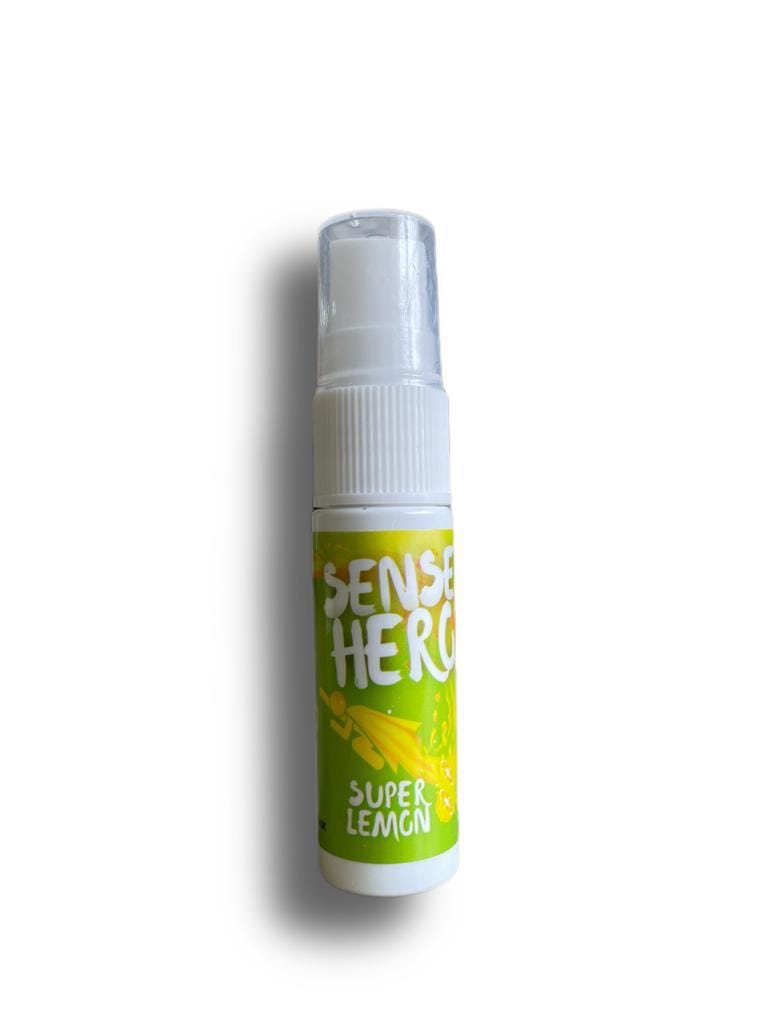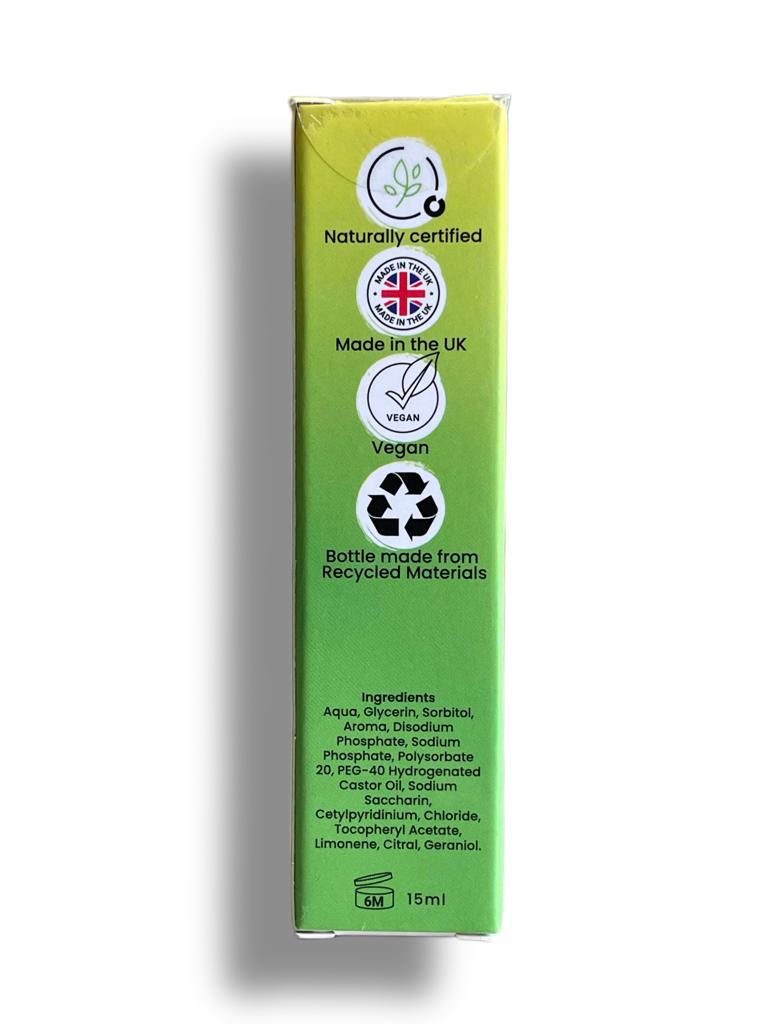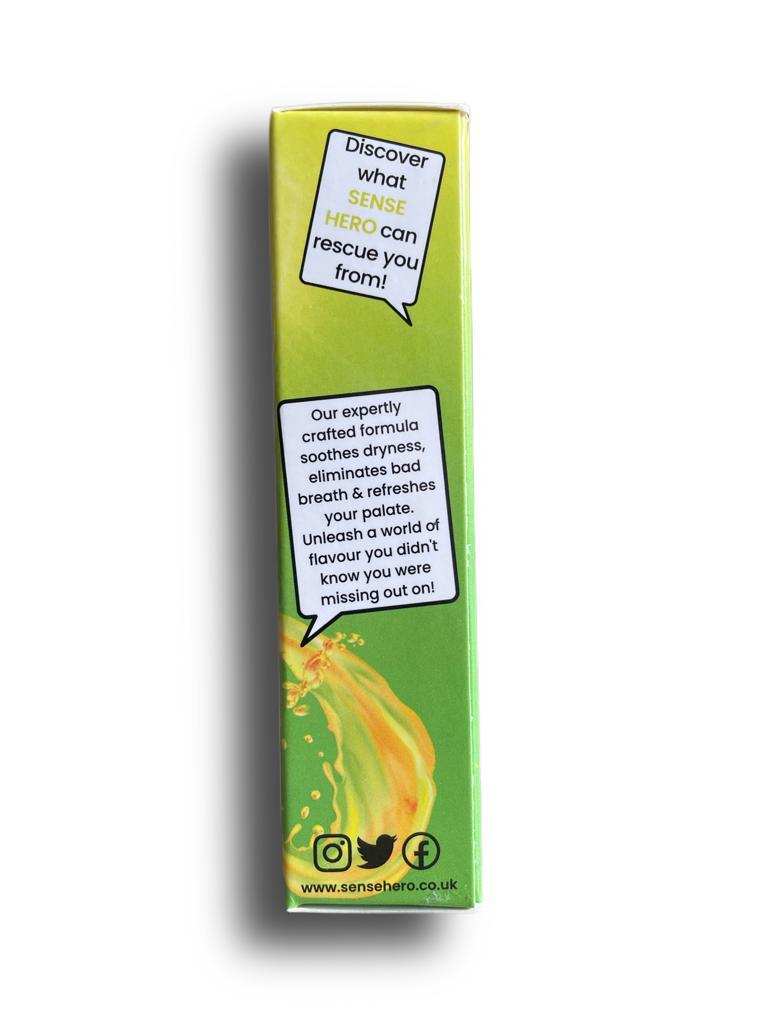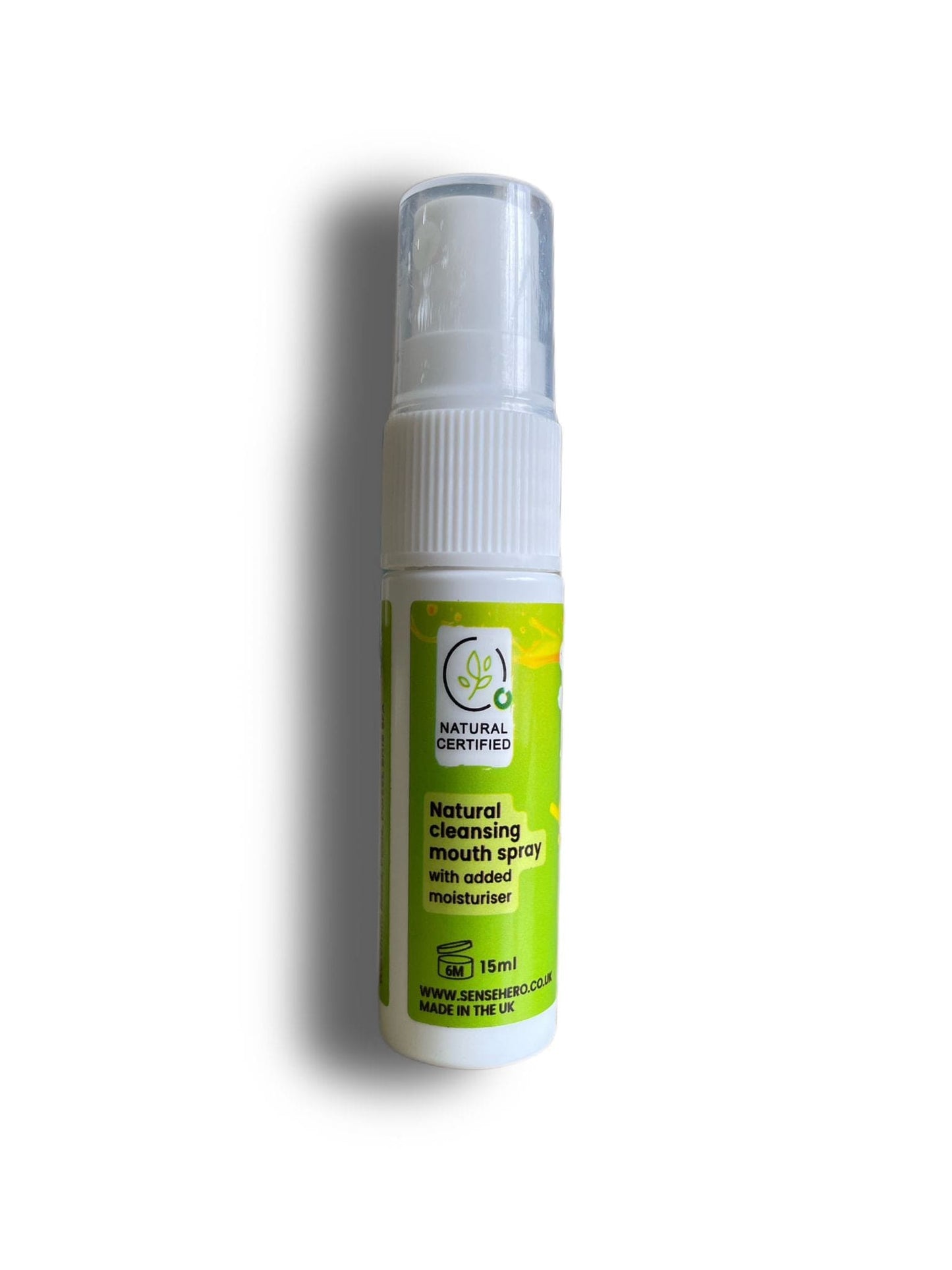Dry Mouth and Underlying Conditions

Dry mouth, a sensation of a persistently parched mouth, is often dismissed as a minor inconvenience. However, it can be a crucial signpost for various underlying health conditions. This article delves into the world of dry mouth, exploring its causes beyond dehydration and uncovering its potential role as an early indicator of diseases. We'll examine the connection between dry mouth and conditions like diabetes, Sjogren's syndrome, and neurological disorders. Additionally, the article will explore the impact of medications and lifestyle choices on saliva production and offer strategies for managing dry mouth symptoms.
Table of Contents
- The Role of Saliva
- Causes of Dry Mouth
- Dry Mouth as an Early Sign of Disease
- The Importance of Early Detection
- Management Strategies for Dry Mouth
- Exploring the Link Between Dry Mouth and Underlying Conditions
- Diabetes: More Than Just a Sweet Tooth
- Sjogren's Syndrome: Unravelling the Autoimmune Connection
- Neurological Disorders: When Nerves Lose Their Signal
- The Impact of Dry Mouth on Oral Health and Overall Well-Being
- Managing Dry Mouth: Strategies for Relief and Comfort
- Recognising When to Seek Medical Attention
- Conclusion
The Role of Saliva
Saliva, the unsung hero of oral health, serves a multitude of indispensable functions. From aiding digestion by breaking down food particles to rinsing away bacteria and debris, saliva plays a pivotal role in maintaining oral hygiene. Furthermore, it contains enzymes vital for taste perception and ensures comfortable speech by lubricating the mouth. Thus, maintaining a healthy saliva production is paramount for overall well-being.
Causes of Dry Mouth
| Causes of Dry Mouth |
|---|
| Medications |
| Antihistamines |
| Antidepressants |
| Decongestants |
| Diuretics |
| Blood Pressure Meds |
| Medical Conditions |
| Diabetes |
| Sjogren's Syndrome |
| Neurological Disorders |
| Lifestyle Habits |
| Smoking |
| Alcohol Consumption |
| Mouth Breathing |
| Dehydration |
Dry Mouth as an Early Sign of Disease
Dry mouth can often serve as an alarm bell for underlying health conditions. Let's explore some connections:
Diabetes: More Than Just a Sweet Tooth
Diabetes, a chronic condition characterised by elevated blood sugar levels, can manifest with various symptoms, including dry mouth. The mechanism behind this association lies in the impact of high blood sugar levels on salivary gland function. When blood sugar levels are consistently elevated, it can lead to reduced saliva production, resulting in the sensation of dryness in the mouth.

Sjogren's Syndrome: Unravelling the Autoimmune Connection
Sjogren's syndrome is an autoimmune disorder characterised by the immune system's attack on moisture-producing glands, including the salivary glands. Dry mouth and dry eyes are symptoms of this condition, resulting from the immune-mediated destruction of these glands' tissues.
Neurological Disorders: When Nerves Lose Their Signal
Neurological disorders such as Parkinson's disease and Alzheimer's disease can disrupt the intricate network of nerves that control saliva production. As a result, individuals with these conditions may experience dry mouth as an early symptom, often preceding other characteristic manifestations.
The Importance of Early Detection
Prompt identification of the root cause of dry mouth is crucial to prevent potential complications such as:
- Increased Risk of Dental Issues
- Difficulty Swallowing and Speaking
- Fungal Infections
Management Strategies for Dry Mouth
While there's no universal remedy for dry mouth, adopting these strategies can help alleviate symptoms:
| Management Strategies |
|---|
| Sipping Water Frequently |
| Sugar-Free Chewing Gum or Lozenges |
| Dry Mouth Sprays or Gels |
| Reviewing Medications |
| Lifestyle Modifications |
Exploring the Link Between Dry Mouth and Underlying Conditions
Diabetes: More Than Just a Sweet Tooth
Diabetes, a chronic condition characterized by elevated blood sugar levels, can manifest with various symptoms, including dry mouth. The mechanism behind this association lies in the impact of high blood sugar levels on salivary gland function. When blood sugar levels are consistently elevated, it can lead to reduced saliva production, resulting in the sensation of dryness in the mouth.
Additionally, individuals with diabetes often experience increased thirst and frequent urination, further exacerbating dehydration and contributing to dry mouth symptoms. Therefore, persistent dry mouth, especially when accompanied by other hallmark symptoms of diabetes, should prompt further evaluation and testing for proper diagnosis and management of the condition.

Sjogren's Syndrome: Unravelling the Autoimmune Connection
Sjogren's syndrome is an autoimmune disorder characterized by the immune system's attack on moisture-producing glands, including the salivary glands. Dry mouth and dry eyes are symptoms of this condition, resulting from the immune-mediated destruction of these glands' tissues.
Early detection of Sjogren's syndrome is crucial to prevent complications such as dental decay, oral infections, and eye-related issues. Treatment typically focuses on managing symptoms and may include medications to alleviate dryness and inflammation, as well as measures to preserve moisture in the eyes and mouth.
Neurological Disorders: When Nerves Lose Their Signal
Neurological disorders such as Parkinson's disease and Alzheimer's disease can disrupt the intricate network of nerves that control saliva production. As a result, individuals with these conditions may experience dry mouth as an early symptom, often preceding other characteristic manifestations.
In Parkinson's disease, degeneration of nerve cells in the brain leads to impaired movement and coordination, including the muscles involved in swallowing and saliva production. Similarly, Alzheimer's disease affects cognitive function and may disrupt the neural pathways responsible for regulating saliva production.
Early recognition of dry mouth in the context of neurological disorders can prompt comprehensive neurological evaluation and appropriate management strategies tailored to the individual's needs.

The Impact of Dry Mouth on Oral Health and Overall Well-Being
Dry mouth, if left untreated, can have far-reaching consequences beyond mere discomfort. Its effects extend to oral health, overall well-being, and quality of life. Let's delve into some of these implications:
Dental Health: A Tale of Decay and Disease
Saliva plays a crucial role in maintaining oral health by rinsing away food particles, neutralising acids, and re-mineralising tooth enamel. Therefore, reduced saliva flow associated with dry mouth can predispose individuals to an array of dental issues, including:
- Tooth Decay: Without an adequate saliva flow to wash away food debris and neutralise acids, the risk of dental caries (cavities) increases significantly.
- Gum Disease: Persistent dry mouth can create an environment conducive to bacterial overgrowth, leading to inflammation of the gums (gingivitis) and, if left untreated, periodontal disease.
- Oral Infections: The lack of saliva's antimicrobial properties can increase susceptibility to oral infections, including fungal infections such as oral thrush.
Difficulty in Eating, Speaking, and Swallowing
Dry mouth can make basic activities such as eating, speaking, and swallowing uncomfortable and challenging. The absence of sufficient saliva can result in:
- Difficulty Chewing and Swallowing: Saliva helps lubricate food and facilitate swallowing. In its absence, individuals may experience difficulty chewing dry or tough foods and swallowing comfortably.
- Impaired Taste Perception: Saliva contains enzymes that play a role in taste perception. Reduced saliva flow can diminish the ability to taste food, impacting one's enjoyment of meals.
- Speech Impairment: Adequate saliva production is essential for clear speech. Dry mouth can lead to hoarseness, a dry or sore throat, and difficulty articulating words, affecting communication and social interactions.
Psychological and Social Impact
The persistent discomfort and functional limitations associated with dry mouth can take a toll on an individual's psychological well-being and quality of life. Chronic dry mouth may contribute to feelings of frustration, embarrassment, and self-consciousness, particularly in social situations where speaking and interacting with others are essential.
Moreover, the impact of dry mouth on oral health and overall well-being can lead to decreased dietary intake, nutritional deficiencies, and a decline in oral hygiene practices, further exacerbating the risk of dental issues and compromising one's general health.
Managing Dry Mouth: Strategies for Relief and Comfort
While there's no one-size-fits-all solution for dry mouth, various management strategies can help alleviate symptoms and improve oral comfort. Here are some practical tips:
Hydration Is Key: Drink Plenty of Water
Staying hydrated is crucial for maintaining saliva production and alleviating dry mouth symptoms. Encourage regular fluid intake throughout the day, aiming for at least eight glasses of water daily. Carry a reusable water bottle with you to sip on water frequently, especially during meals and snacks.
Stimulate Saliva Flow: Sugar-Free Gum and Lozenges
Chewing sugar-free gum or sucking on sugar-free lozenges can help stimulate saliva production and provide temporary relief from dry mouth symptoms. Opt for products sweetened with xylitol or sorbitol, as these sugar substitutes can help prevent tooth decay.
Use Artificial Saliva Products
Over-the-counter dry mouth sprays, gels, and mouth rinses can help lubricate the mouth and provide relief from dryness. These products mimic the properties of natural saliva and can be used as needed throughout the day to maintain oral moisture.
Review Medications with Your Healthcare Provider
If dry mouth is a side effect of medications you're taking, discuss your concerns with your healthcare provider. They may be able to adjust your dosage, switch to an alternative medication with fewer side effects, or recommend additional measures to manage dry mouth symptoms effectively.
Practice Good Oral Hygiene
Maintaining good oral hygiene is essential for preventing dental issues associated with dry mouth. Brush your teeth twice daily with a fluoride toothpaste and a soft-bristled toothbrush. Floss daily to remove plaque and food debris from between your teeth and along the gumline. Consider using an antimicrobial mouthwash to reduce the risk of oral infections.
Humidify Your Environment
Using a humidifier in your home, especially in the bedroom while sleeping, can help add moisture to the air and prevent dryness of the mouth and throat. Opt for a cool mist humidifier to avoid the risk of burns or scalds, especially if you have children or pets.
Avoid Tobacco and Limit Alcohol Consumption
Tobacco use and excessive alcohol consumption can exacerbate dry mouth symptoms and increase the risk of dental issues and oral cancer. If you smoke or use tobacco products, consider quitting or seeking support to help you quit. Limit alcohol consumption and avoid alcohol-based mouthwashes, as these can contribute to oral dryness.
Consider Salivary Stimulant Medications
In some cases, healthcare providers may prescribe medications known as salivary stimulants or sialogogues to help increase saliva production. (There are also plenty of sialogogues in nature!) These medications work by stimulating the salivary glands to produce more saliva and can provide relief from dry mouth symptoms.
Recognising When to Seek Medical Attention
While mild or occasional dry mouth may not warrant immediate medical attention, persistent or severe dry mouth symptoms should not be ignored. If you experience ongoing dry mouth that interferes with your daily activities, oral comfort, or quality of life, consider consulting a healthcare provider for further evaluation and management.
When to Seek Medical Attention:
- Persistent dry mouth lasting more than a few weeks
- Difficulty eating, speaking, or swallowing
- Mouth sores, ulcers, or infections
- Changes in taste or smell
- Dental issues such as cavities, gum disease, or oral infections
- Dry eyes, skin, or nasal passages
Your healthcare provider can help identify the underlying cause of your dry mouth symptoms and recommend appropriate treatment options based on your individual needs and medical history.

Conclusion
In conclusion, dry mouth is more than just a fleeting discomfort—it can be a silent signal of underlying health conditions that warrant attention and intervention. By understanding the intricate connections between dry mouth and various diseases, individuals can take proactive steps to safeguard their oral health and overall well-being.
From diabetes and autoimmune disorders to neurological conditions and medication side effects, dry mouth can serve as a valuable indicator of systemic health issues requiring medical evaluation and management. By adopting strategies to alleviate dry mouth symptoms, practicing good oral hygiene, and seeking timely medical attention when needed, individuals can minimise the impact of dry mouth on their quality of life and maintain optimal oral health for years to come.

Sense Hero
Sense Hero mouth Spray UK: Quick Fix for Dryness, Vapers Tongue and Palate Cleansing
View full details











Sense Hero spray is not a medicinal product and is not intended to diagnose, treat, cure, or prevent any disease. Sense Hero Spray is designed for personal comfort.

